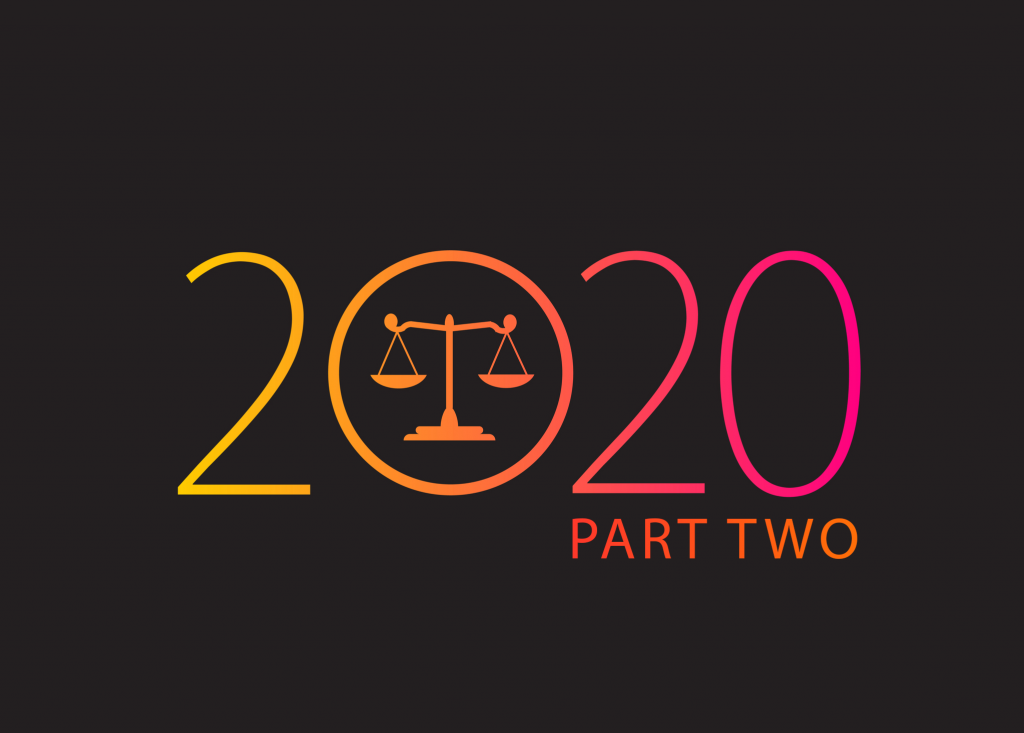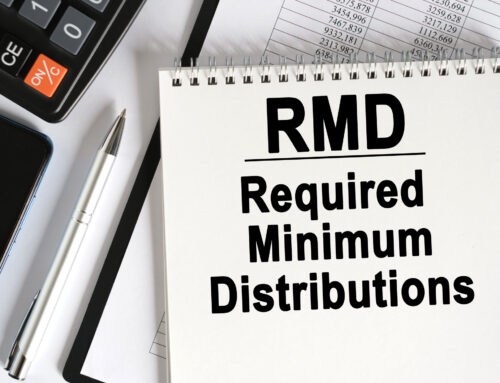 The Setting Every Community Up for Retirement Enhancement (SECURE) Act is the biggest piece of retirement legislation to be passed in years. It will undoubtedly have a major effect on how many Americans approach retirement planning, and particularly estate planning. We’re covering these changes throughout the month and focusing on the elimination of ‘stretch’ IRAs for beneficiaries of IRAs and defined contributions plans[1] this week. This could mean a bigger tax burden for many heirs, who may have to empty inherited accounts within 10 years of the original owner’s death. This law will go into effect for all accounts inherited in 2020 and beyond, so now is the time to review your estate plan.
The Setting Every Community Up for Retirement Enhancement (SECURE) Act is the biggest piece of retirement legislation to be passed in years. It will undoubtedly have a major effect on how many Americans approach retirement planning, and particularly estate planning. We’re covering these changes throughout the month and focusing on the elimination of ‘stretch’ IRAs for beneficiaries of IRAs and defined contributions plans[1] this week. This could mean a bigger tax burden for many heirs, who may have to empty inherited accounts within 10 years of the original owner’s death. This law will go into effect for all accounts inherited in 2020 and beyond, so now is the time to review your estate plan.
What is a ‘Stretch’ IRA?
The ‘stretch’ IRA wasn’t another type of IRA, it was an estate planning strategy that allowed heirs to stretch out distributions based on their life expectancy, instead of the life expectancy of the previous owner. This meant that a younger person who inherited an older person’s IRA, 401(k), or other qualified retirement account could have more time for the funds to grow tax free and take smaller distributions. For heirs who were concerned about their tax burden, this was helpful.
What Changed?
Most non-spouse beneficiaries must now empty inherited accounts within ten years of the original owner’s death. This means less time for funds to grow tax free, and larger distributions that could potentially result in a bigger tax burden.
What Can You Do?
When estate planning for your loved ones, taxes should be taken into account. You should review your beneficiary designations with the knowledge that your heirs will most likely have to drain your account in 10 years if they are not your spouse, a minor who is not your grandchild, less than 10 years younger than you, or a qualifying chronically ill individual. You should also review your trust if you have one, as it may dictate required minimum distributions from retirement accounts.
If you’ve saved for years in a 401(k) or IRA and plan on passing them on in your estate plan, you could consider alternative tax minimization strategies. The professionals at Epstein & White can help you create or update an estate plan based on your unique situation and goals. We offer complimentary financial reviews so that we can meet in person to learn more about your estate planning goals and concerns. If 2020 is the year you’ve resolved to make or update your estate plan, click here to sign up for a no cost, no obligation review with us.




